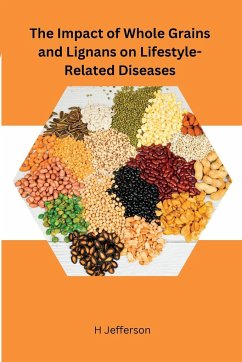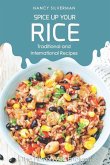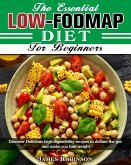In the development of noncommunicable diseases such as type 2 diabetes, cardiovascular disease, and various cancers, commonly referred to as "lifestyle diseases," lifestyle choices play a significant role. The World Health Organization (WHO) identifies high blood pressure, tobacco use, high blood glucose, physical inactivity, overweight, and obesity as the primary risk factors for mortality and lifestyle diseases affecting populations across all socio-economic groups globally (WHO, 2009). Given that diet and physical activity directly impact these risk factors (excluding tobacco use) and contribute to nearly 40% of global deaths, there is potential for prevention (WHO, 2009). However, there is limited understanding of how diet and other lifestyle factors influence life expectancy in individuals already affected by these diseases, and the potential for secondary prevention remains largely unexplored. Therefore, research in this field is of utmost importance. Regarding dietary factors, whole grains have consistently demonstrated beneficial effects against three major health threats prevalent in high-income countries: coronary heart disease (Ye et al., 2012, Mellen et al., 2008, Aune et al., 2016), type 2 diabetes (Aune et al., 2013), and colorectal cancer (WCRF/AIRC, 2017). Although the precise mechanisms by which whole grains offer protection against these threats are not yet fully understood, they are known to be rich in beneficial components such as dietary fiber and micronutrients. Additionally, whole grains contain bioactive components, including lignans, which are transformed into enterolignans by gut bacteria. Plant lignans and enterolignans, particularly enterolactone, have been extensively studied, and they have shown potential benefits against hormone-related cancers, with the strongest evidence supporting improved prognosis after breast cancer diagnosis (Buck et al., 2011, Seibold et al., 2014). The evidence for prostate cancer is less conclusive (Zhang et al., 2016). Furthermore, higher levels of enterolactone in urine have been associated with reduced mortality from cardiovascular diseases and all causes (Reger et al., 2016).








